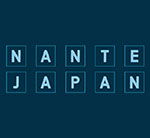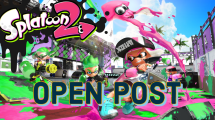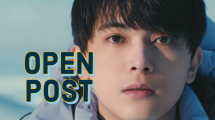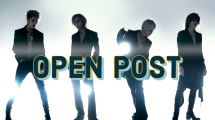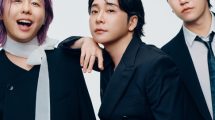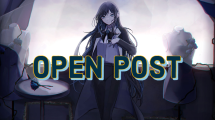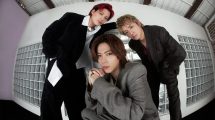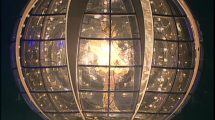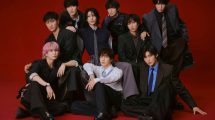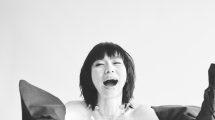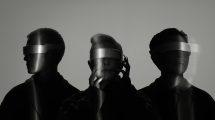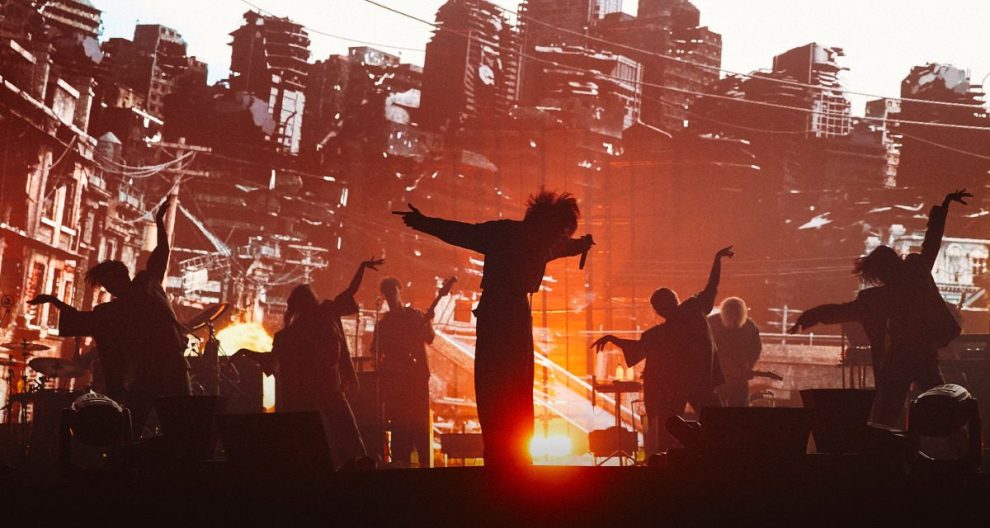The mile-long line at YouTube Theater in Los Angeles couldn’t be mistaken to be for anyone other than Kenshi Yonezu. A dead giveaway: Hundreds of attendees, like yours truly, in the UNIQLO collection done in collaboration with Yonezu, showing off the cover art of STRAY SHEEP and KICK BACK, among others. Answering who these fans were here to see was easy. But what kind of person they were about to witness was another question entirely.
Since his massive breakthrough with “Lemon” in 2018, Yonezu hasn’t been the easiest to gauge as a public figure. He sits among J-pop’s top class in terms of popularity. But while his albums from this decade, 2020’s STRAY SHEEP and last year’s LOST CORNER, have scored numbers that compete with star idol groups, he’s nowhere as visible on broadcast media as those other acts. His lack of TV appearances cultivates a mystique, which is fed even more by music programs who treat the few instances he does show up as a rare access to the man and his music. From the artist’s public image, Yonezu gives the impression of an elusive auteur, residing high above the clouds, despite writing some of the most recognizable songs in J-pop from the past several years.
Wherever he hailed from, Yonezu arrived on the YouTube Theater stage looking more like the everyman than a mad genius. While he rocked to the off-the-cuff funk grooves of “Kanden” as loose as his baggy windbreaker-pant combo, the early song selections in the set prioritized the smooth and low-key. He warmed up the room with the flowery R&B of “LADY” and the somber electro-soul of “Azalea” like a lounge singer than a punk-rocker. Played to a smaller size than his usual crowd back home, the latter song helped ease the audience not only to Yonezu but his often-bleak subject matter. “Even if something about you changed / I always loved you,” he sang in “Azalea.” The refrain rang flirtatious than one of grief, especially as he sashayed across the stage, free to celebrate beauty in the present tense rather than the past.
After making small talk about the California weather as anyone else would when meeting people for the first time, Yonezu almost seemed to be on the same level with the crowd. Until he went into “Chikyugi,” the theme for The Boy and the Heron, and his presence suddenly towered over the audience — here now was the supernatural icon who they’ve been awed by and hoped to witness. His ballads emphasized the monstrous scale in which his songs operate on, not just the size of its associated franchises but also purely in terms of production. The thunderous drums and celestial synths of “M87,” the digitally warped chorus of “Umi No Yuurei”: these sublime elements demand to be brought to life on the biggest stage possible.
While the dazzling visuals from The Children of the Sea accompanied “Umi No Yuurei,” “Lemon” was spotlit only by candle fire — a reduced version of the singer’s debut Kouhaku Utagassen performance in 2018. Yonezu hardly needed any accompaniments other than piano and his voice. Sparser the presentation, it only deepened the emptiness felt from the mournful ballad. Seven years on, “Lemon” remains his rawest, its feelings of loss looming in his songs thereafter. And his lyrics hit more devastating as the room he plays gets bigger and bigger.
Sensing the heaviness of these brooding ballads, and now that the weepy slow jams were out the way, Yonezu strapped on the guitar to indulge in his rocker roots. It was time for some pre-“Lemon” anthems: while the crowd raised their fingers for “Peace Sign,” their hands especially moved to the jittery riff and clap beat of “Loser.” As Yonezu works with increasingly big media — from NHK to Studio Ghibli, from Ultraman to Chainsaw Man — it’s kind of charming to hear him embody the spirit of his younger, more angst-ridden years, when his punk cynicism placed him as a peer to Yojiro Noda of RADWIMPS or Enon Kawatani.
But Yonezu is the only one of his ilk currently touring America, launching into one bombastic rock anthem and hearing a crowd of thousands shout lyrics back at him. The countless UNIQLO-Yonezu shirts already told how much “KICK BACK” would be the crowd favorite, and the fans had a blast screaming “doryoku, mirai, a beautiful star” like the hook has already been long part of stadium-rock canon. All one could see on stage was stark shadows against deep red much like the single’s cover art until Yonezu grabbed a camera, airing a selfie cam of his face drenched in sweat. Altering the last bit in the song’s refrain to “cho cho cho ii-kanji” — yet another lyrical nod to Morning Musume — the star of the show seemed to be having the most fun out of everyone in the room.
Yonezu bowed out with “Garakuta,” only to return for an encore to play his newest songs, “Bow and Arrow” and “Plazma.” His appearance on music program EIGHT-JAM last year came to mind, where he shared his refusal to be pinned down to a specific sound or identity. While he was answering for his decision behind following up the balladry of “Lemon” with the total opposite in “Flamingo,” his impulse to zig when people want him to zag still holds true in these new electropop tunes, especially as they complemented a series of rowdy rock anthems. Though the set was organized in distinct sounds and moods, its flow was also guided by Yonezu’s pop chameleon instincts, moving between impressions before one in particular can fully stick.
After two hours spent constantly adapting his personality into melancholy soul, heavy ballads and sweaty punk, Yonezu settled into the breezy R&B of “Lost Corner” to close the night. “Let’s go find it, my friend,” he sang the refrain with the casual yet tight-knit feel of a childhood buddy.
For a moment, the J-pop icon seemed within our realm, the kind of person to shrug off all problems for another day. And then he was gone, the end credits rolling behind a stage where someone used to be.
【KENSHI YONEZU 2025 WORLD TOUR/JUNK Set List】
M01. RED OUT
M02. Kanden
M03. MARGHERITA
M04. Eine Kleine or Melancholy Kitchen
M05. LADY
M06. Azalea
M07. Yume Utsutsu
M08. Sayonara Mata Itsuka!
M09. Chikyugi
M10. YELLOW GHOST or POST HUMAN
M11. M87
M12. Lemon
M13. Spirits of the Sea
M14. Tomamireyo
M15. LENS FLARE or Flamingo
M16. Mainichi
M17. LOSER
M18. KICK BACK
M19. Peace Sign
M20. Donut Hole
M21. Garakuta
【Encore】
M22. BOW AND ARROW
M23. Plazma
M24. LOST CORNER

